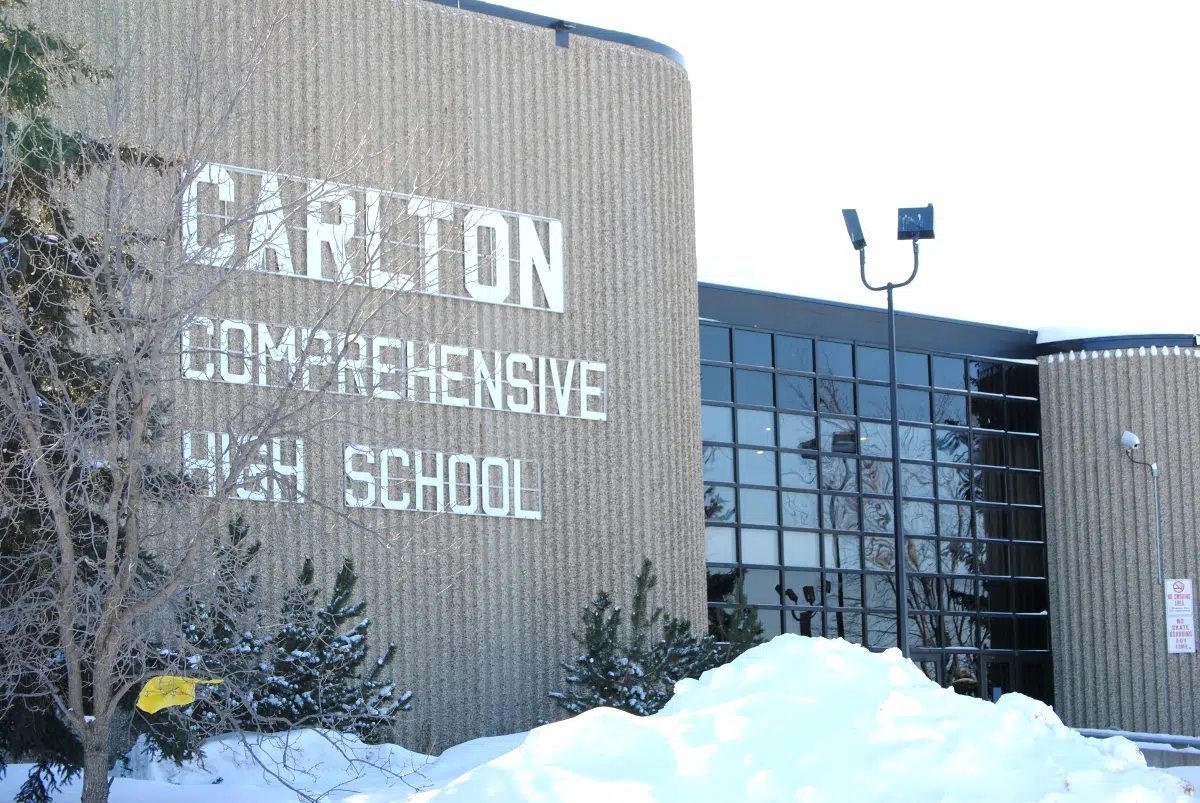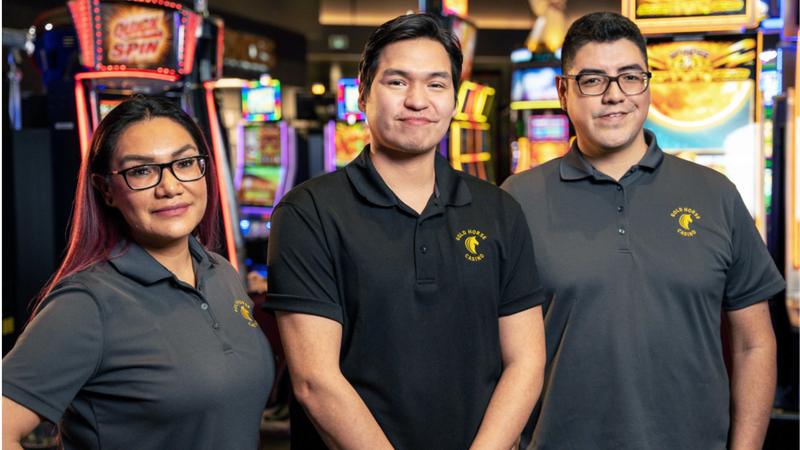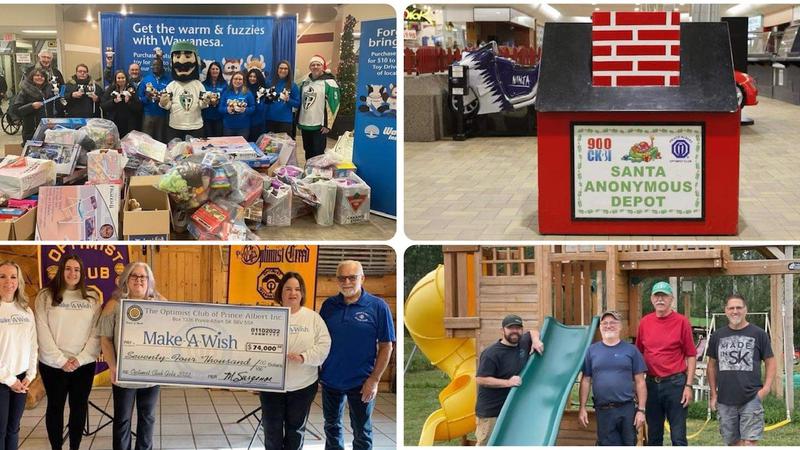
Votes at Carlton
Carlton Comprehensive High School students will get their say in the federal election today.
Students will be participating in a mock election parallel with May’s federal election.
Teacher at Carlton, Kelly Klassen, said he has participated in the mock elections before and he thinks it’s good for students.
“It really gets students aware of the process and … Elections Canada kind of presented it as a way to get kids aware of the political process and get them to be engaged citizens in Canada.”


